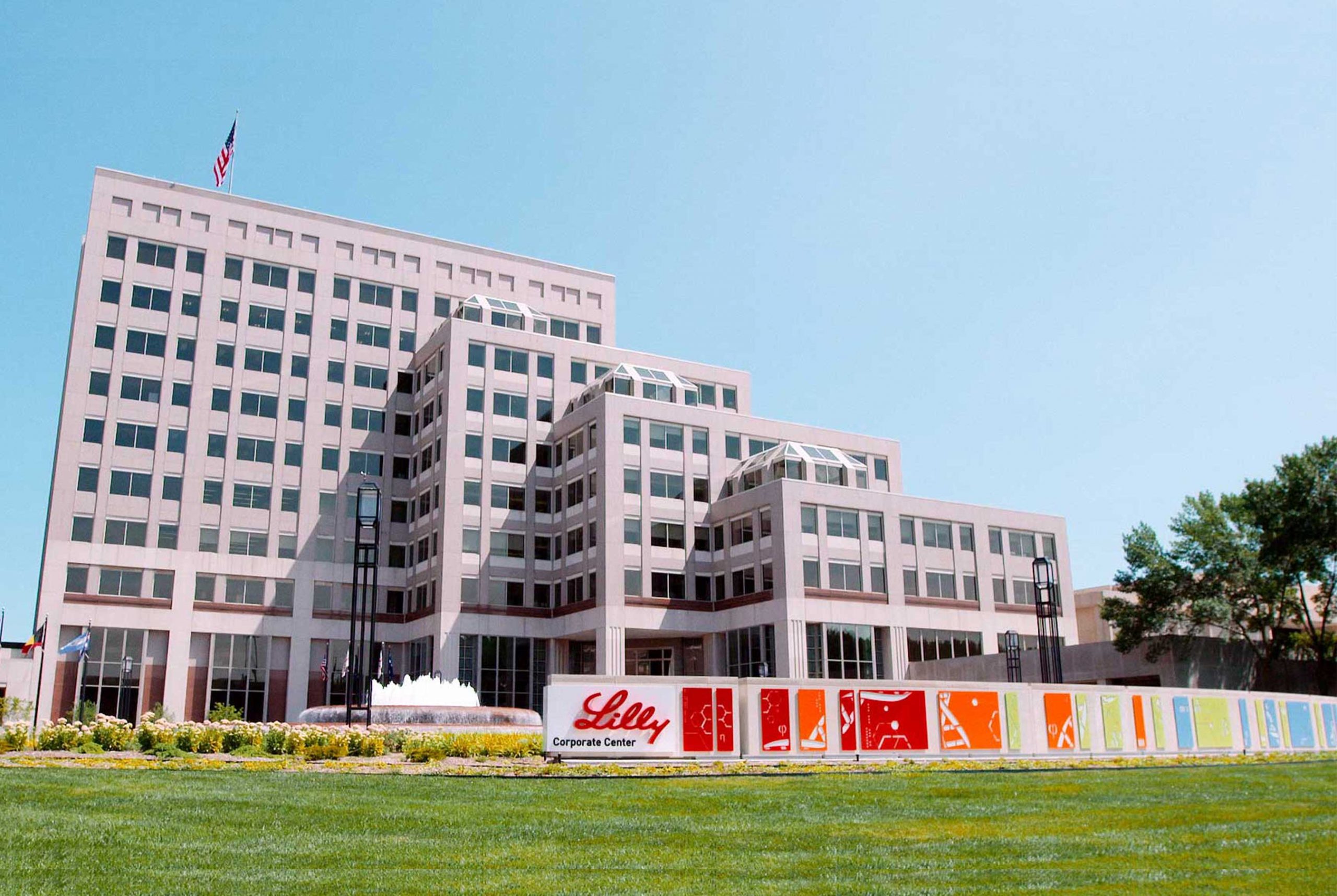Blow for Lilly after FDA panel uncertain over RA drug bariticinib

Eli Lilly is still trying to revive its rheumatoid arthritis pill baricitinib after the FDA rejected it last year, approval seems far from certain after a panel of experts voted against a licence in a higher dose.
Developed in partnership with Incyte, baricitinib had been tipped as a blockbuster until it ran into trouble with the FDA last year because of safety concerns, although it has been approved in Europe.
The FDA last year asked for further data to give an indication of the most appropriate dose, but the regulator had a change of heart and allowed Lilly to refile without the additional data.
Instead Lilly has come back with a fresh analysis of existing data that it says supports doses of 4mg daily, or 2mg for those patients that do well on the higher dose.
But the FDA’s Arthritis Advisory Committee said baricitinib was effective at the 4mg dose but rejected it because of safety concerns.
In the vote yesterday 10 committee members voted in favour of the risk/benefit balance of the 2mg dose, while five voted against.
But at 4m dose, 10 committee members voted against approval, with five saying it should be approved.
The FDA is not bound to follow the advice of its committees, and it is anybody’s guess whether baricitinib will be approved.
While the FDA usually does follow the advice of these committees, the regulator sometimes comes to different conclusions.
In this case the committee’s split voting makes the regulator’s job even harder as it balances the benefits of baricitinib, and concerns that emerged about a potential thromboembolism safety signal.
All this will make it even harder for Lilly if the drug does get to the market – Pfizer’s rival JAK inhibitor Xeljanz (tofacitinib) is already well established on the market and there are plenty of other disease-modifying anti-rheumatic drugs to choose from.
Analysts have virtually written off baricitinib’s potential, saying that even if it is approved it will have a label that will make it unattractive to doctors and patients.
And with other competitors in the pipeline, the prediction is that baricitinib will struggle to find traction in an increasingly competitive market.
“This could be a positive for competitors such as AbbVie and Gilead and Galapagos that have their own oral JAK inhibitors in late-stage development,” wrote Credit Suisse analysts, cited by Reuters.












